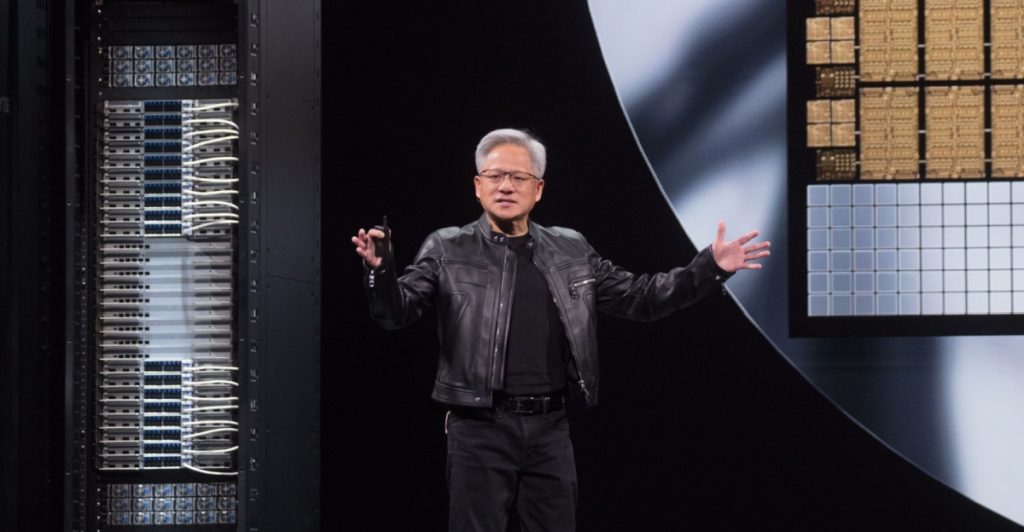Nvidia CEO Jensen Huang has said that the rise of artificial intelligence will not eliminate jobs outright but instead reward those who learn how to use it
Others are reading now
Nvidia CEO Jensen Huang has said that the rise of artificial intelligence will not eliminate jobs outright but instead reward those who learn how to use it—and that the biggest beneficiaries may not be software engineers, but skilled trades such as electricians and plumbers.
“You won’t lose your job because of AI, but because of someone using it”
Speaking in an interview with Channel 4 News, Huang argued that workers who embrace AI will outpace those who ignore it, calling artificial intelligence “a tool for acceleration, not replacement.”
“People won’t lose their jobs because of AI,” he said. “They’ll lose them because someone else is using AI.”
Huang’s remarks contrast with the more pessimistic predictions from other technology leaders such as Bill Gates and OpenAI CEO Sam Altman, who have repeatedly warned that automation will eventually replace many types of human work. Nvidia’s CEO, however, framed the technology as an equalizer for those who learn to integrate it into their professions.
A boom for skilled trades
While much of the conversation around AI has centered on white-collar and creative industries, Huang suggested that the next major economic opportunity will emerge in traditional trades.
Also read
“The big winners in the AI race will be electricians and plumbers,” he said. “Whether you’re an electrician, plumber, or carpenter, we’ll need hundreds of thousands of them to build all these factories. The skilled trades sector in every economy is going to experience a boom.”
Huang was referring to the construction and maintenance of vast data centers—critical infrastructure needed to power the global expansion of AI. These facilities require extensive electrical systems, cooling mechanisms, and plumbing networks, creating demand for manual labor that cannot easily be automated.
Too many degrees, not enough trades
Huang also pointed to a growing imbalance in the labor market. While universities continue to produce large numbers of graduates in fields that may be increasingly affected by automation, there is a persistent shortage of skilled workers in trades such as plumbing, carpentry, and electrical engineering.
This shortage has already driven up wages in many economies and is expected to continue as global technology infrastructure expands.
AI may not replace, but it will reshape
Huang’s remarks align with a broader view among technologists that AI is less likely to erase jobs entirely and more likely to transform them. Routine and repetitive work remains the most at risk of automation, but professions requiring physical dexterity, contextual judgment, or hands-on expertise—like those in construction and maintenance—remain relatively safe.
Also read
As Huang put it, “AI can code and design, but it still can’t fix a fuse box or build a data center.”
Sources:
Channel 4 News; El Economista; CNBC; The Guardian; Bloomberg Interviews with Jensen Huang


